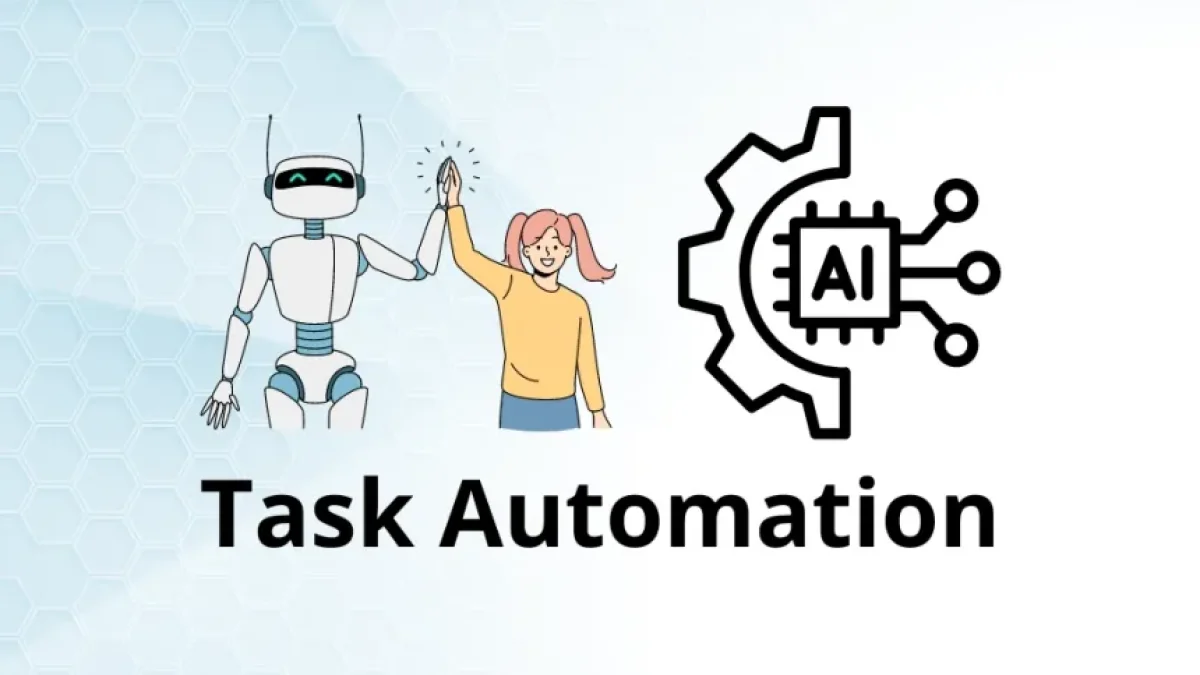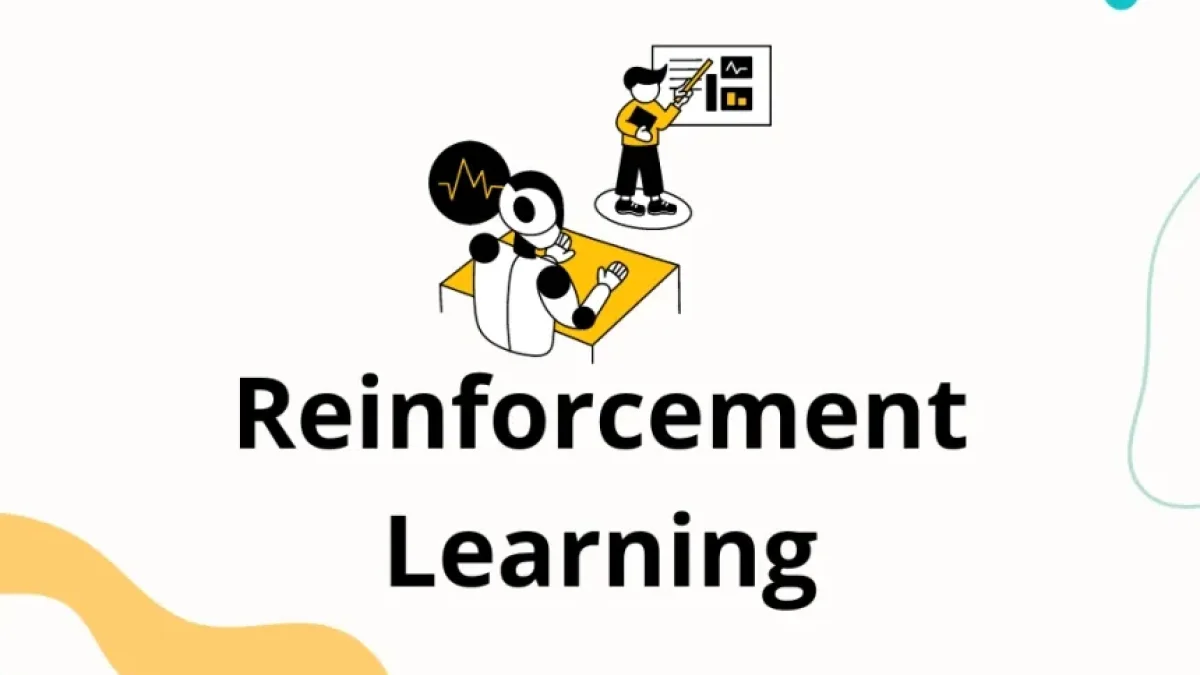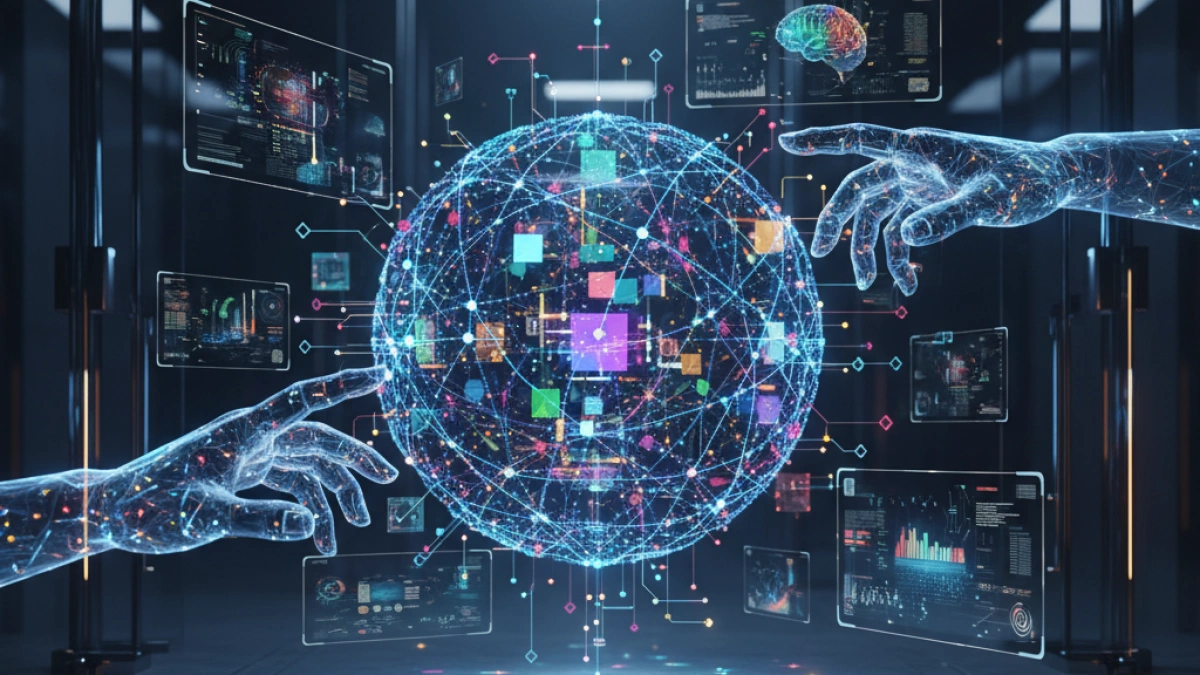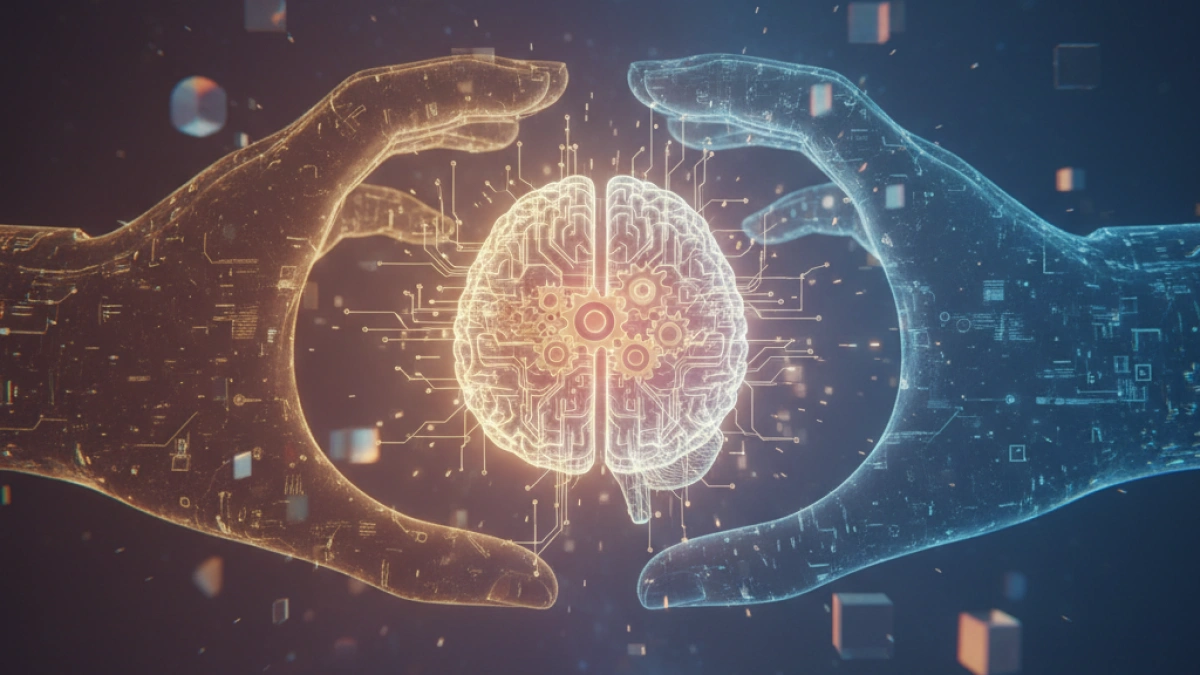The Impact of Artificial Intelligence on Task Automation


Artificial intelligence (AI) has revolutionized numerous industries and sectors, especially impacting the automation of tasks. This article explores how AI is transforming the way we work and the implications this has for the economy and the future of work.
What is Artificial Intelligence?
Artificial intelligence is a branch of computer science focused on creating systems capable of performing tasks that normally require human intelligence. These tasks include learning, reasoning, problem-solving, perception, natural language use, and more.
Types of Artificial Intelligence
- Weak AI: Systems designed to perform specific tasks. An example is virtual assistants like Siri or Alexa.
- Strong AI: Systems with the capability to understand, reason, and learn in a manner similar to humans. This type of AI is still in development.
Task Automation
Automation refers to the use of technology to perform tasks without human intervention. This can include everything from automated production lines to software that manages business processes.
Benefits of Automation
- Efficiency: Automation reduces the time needed to complete tasks, resulting in increased productivity.
- Error Reduction: Automated systems tend to make fewer errors than humans, which improves the quality of work.
- Cost Savings: By reducing the need for human labor, companies can decrease operational costs.
The Synergy between AI and Automation
Artificial intelligence and automation are not interchangeable terms; however, their combination is enabling the creation of smarter, more adaptive systems.
Read also
How AI Enhances Automation
- Outcome Prediction: AI algorithms can analyze large amounts of data to predict outcomes, thereby optimizing automated processes.
- Predictive Maintenance: AI can anticipate machine failures, allowing for more effective maintenance and reducing downtime.
- Personalization: AI-driven systems can offer personalized experiences to users, something traditional automation could not do.
Applications of AI in Automation
Industry
Automation in manufacturing has been one of the sectors most impacted by AI. Robots and intelligent machines not only perform repetitive tasks but also adapt to real-time changes.
Customer Service
Chatbots and virtual assistants are redefining customer service. These systems can handle inquiries, solve problems, and provide assistance 24/7.
Finance
Automating financial processes through AI allows for quicker data analysis, fraud detection, and more informed decision-making.
Challenges and Ethical Considerations
Despite the benefits, AI-driven automation also presents significant challenges:
Unemployment
Automation may lead to the elimination of certain jobs, potentially resulting in unemployment and tension in the labor market.
Ethics and Bias
AI algorithms can perpetuate biases if not properly designed, which can have significant consequences in decision-making.
Future of Automation and AI
As technology advances, we are likely to see an increasing integration of AI into automation. This will pose new opportunities, as well as ethical and labor challenges that we will need to address.
Future Trends
- Conscious AI: Although strong AI is still in its early stages, its development could radically change the nature of automation.
- Human-Machine Collaboration: As we progress, we are likely to see a work model where humans and machines collaborate rather than compete.
Conclusion
Artificial intelligence is having a profound impact on the automation of tasks, offering significant benefits in efficiency, quality, and costs. As we face the challenges presented by this technology, it will be crucial to adopt a balanced approach that maximizes opportunities while considering ethical and social implications. In summary, the combination of AI and automation is a powerful engine of transformation that will define the future of work.
Using success stories, relevant statistics, and case studies can help to back up and strengthen the arguments presented in this article. Additionally, it is essential to stay updated with advancements in AI and automation technology to fully understand their evolution and impact on our society and economy.



















